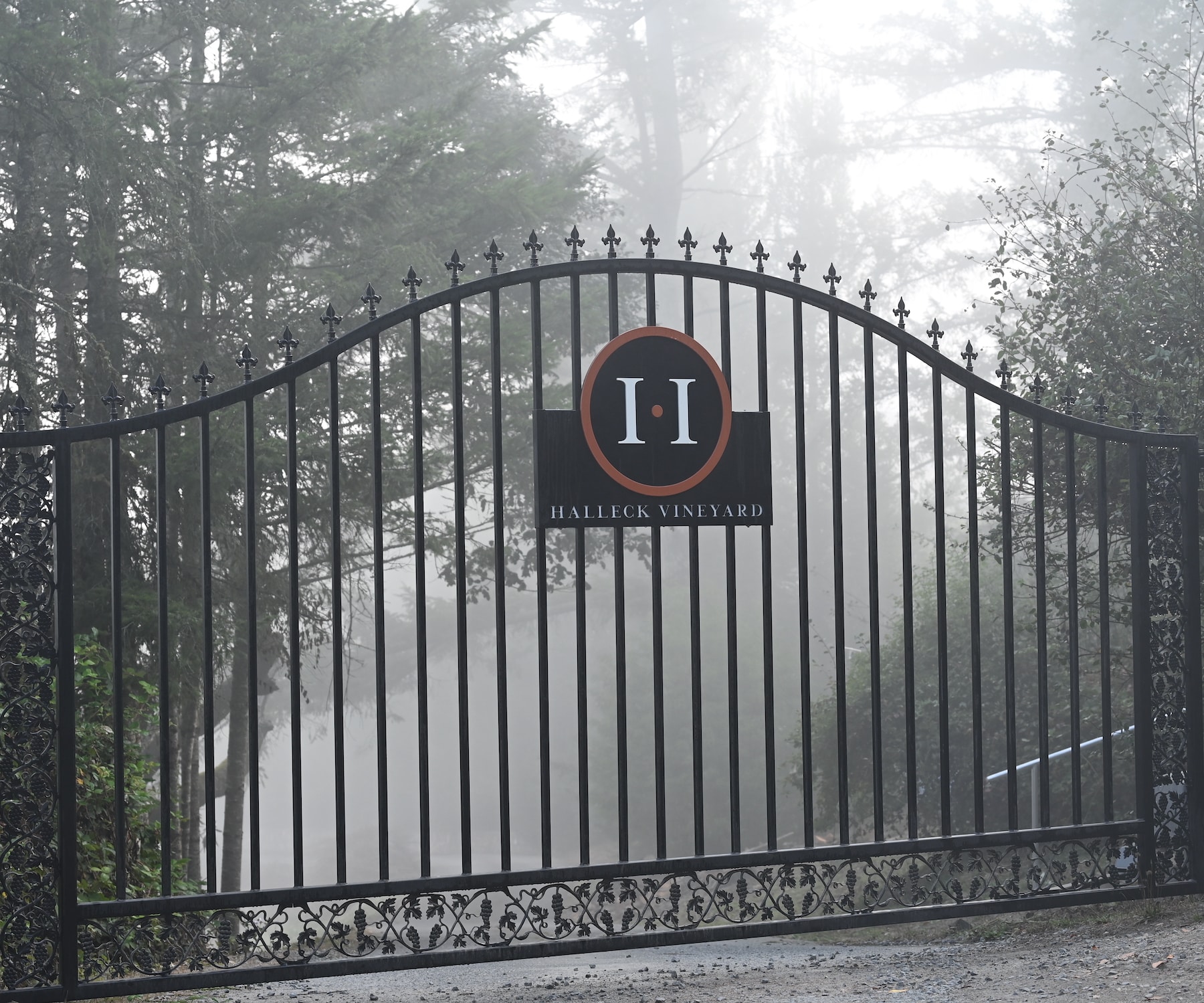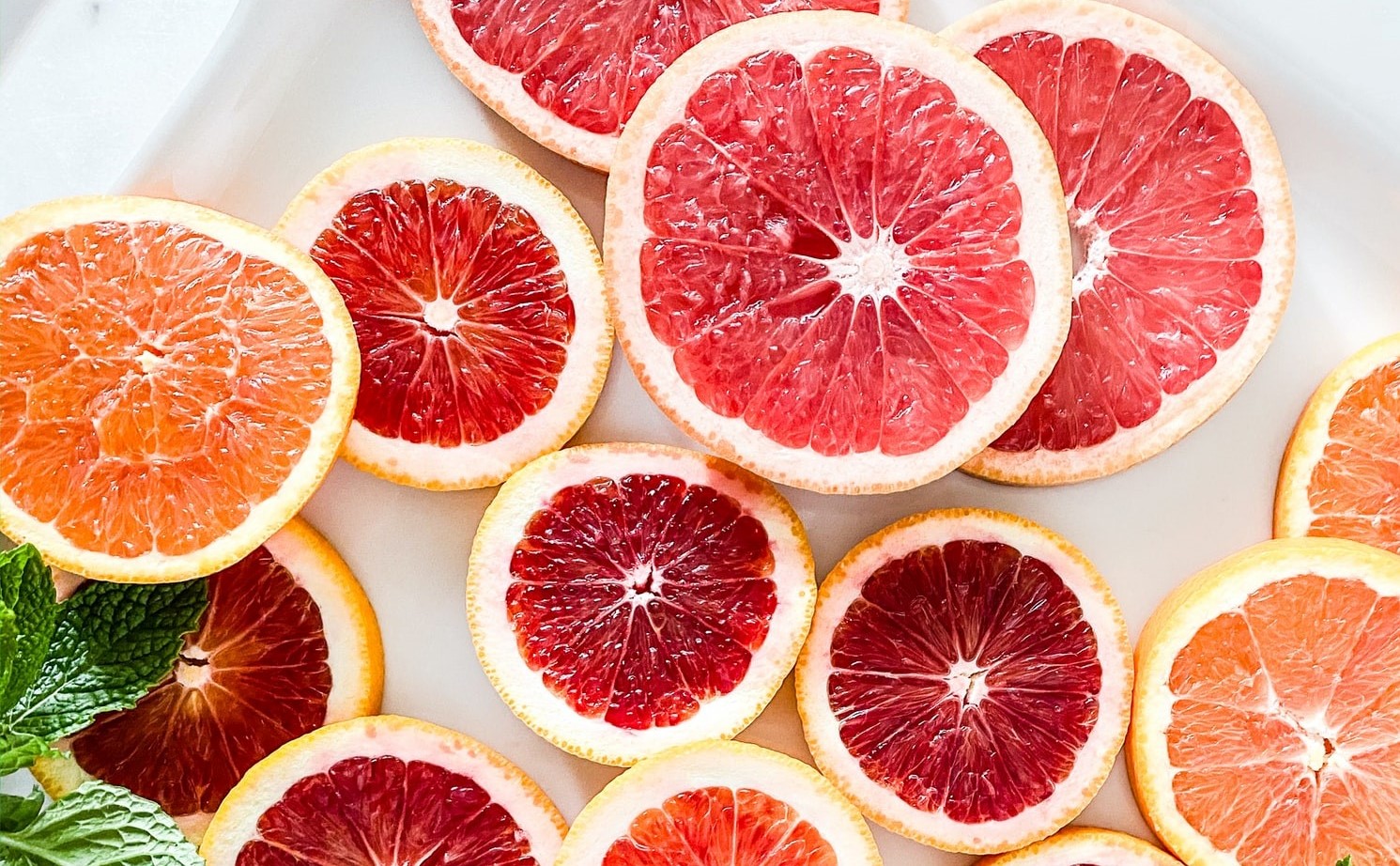Small Batch Wineries In Sonoma Valley - Scenic Wineries Of Sebastopol
Small Batch Wineries In Sonoma Valley - Scenic Wineries Of Sebastopol
Blog Article
Wineries With A Focus On Syrah - Sonoma Valley Vineyards And Wine Tasting
Wine tasting is an art that requires practice and an understanding of assorted features involved within the course of. One crucial component of wine tasting is the development and interpretation of tasting notes, which serve as a guide for both novices and seasoned connoisseurs. A Guide To Understanding Winery Wine Tasting Notes can improve your wine-tasting experience, making it more significant and pleasant.

Tasting notes are concise descriptions that seize the essence of a wine’s flavors, aromas, and overall character. Usually composed by professional tasters, winery tasting notes provide insights into the nuances of varied wines. They can help wine enthusiasts understand what to anticipate from a particular bottle. Nevertheless, tasting notes can vary widely in style and detail based mostly on the author's experience and palate.
Intimate Wine Tasting Experiences In Sonoma - Best Wineries For Wine Tasting Sonoma Area
When you first approach a glass of wine, your senses will begin to engage immediately. The sight, scent, and style of the wine will converge to give you an entire experience. Tasting notes generally start with the visible evaluation, where the color of the wine is taken into consideration. Colour plays a major role in indicating the wine’s age, grape variety, and even its flavor profile.
After assessing the visual aspect, the subsequent step includes swirling the wine in the glass. This motion aerates the wine, allowing its aromas to awaken. Smelling the wine offers important perception into its complexity. The preliminary sniff can ship a flood of scents that may embody fruity, floral, natural, or earthy notes. This is usually probably the most subjective a part of tasting, as particular person experiences can dramatically differ.
In winery tasting notes, descriptors are often categorized into primary, secondary, and tertiary aromas. Main aromas usually stem from the grape variety, secondary aromas derive from fermentation processes, and tertiary aromas come up from growing older. Understanding these classes may help you appreciate the depth of a wine, they usually also provide the vocabulary to express your experience better.
Exclusive Wine Clubs In Sonoma - Best Winery In Sonoma For Quality Wine
Following the olfactory encounter, your focus will shift to the style of the wine. This is the place the primary characteristics—sweetness, acidity, tannins, alcohol—come into play. Tasting notes often detail these flavors in a quantity of dimensions, including the initial assault on your palate to the lingering end in your tongue. A high-quality wine will present a harmonious stability between these factors.
Whereas tasting, it's important to ponder the physique of the wine, which could be described as light, medium, or full. The physique contributes considerably to your total impression, helping you consider how the wine pairs with food or whether or not it stands alone as a sipping wine. Balancing the physique with the other characteristics will give you a fuller understanding of what the wine has to supply.
The finish of the wine, also known as the aftertaste, is another crucial side usually included in tasting notes. A lengthy, pleasant end normally indicates a better high quality wine, while a short or cloying aftertaste might recommend in any other case. Evaluating the finish can provide additional perception into the wine's complexity and distinction.
Understanding the context of winery tasting notes can additionally be valuable. Tasting notes can provide contextual information about the winery's location, climate, and grape-growing practices. This context adds one other layer of appreciation for the wine, permitting enthusiasts to connect the sensory experience with its origins, thus enhancing the enjoyment further.
Wineries Offering Elegant Wine Tastings - Enjoying The Best Wineries In Sebastopol
Many wineries provide tasting notes on their web sites or labels, typically written in an approachable yet informative style. Nevertheless, not all winery tasting notes are created equal. Some may be overly technical, while others would possibly prioritize advertising flair over insightful analysis. Studying to navigate these notes can arm you with the data to make informed selections when selecting wines.
Collaborating in tastings at wineries can even deepen your understanding of wine tasting notes. Interacting with educated staff can provide you a more hands-on approach to exploring different wines and the language used to describe them. Wineries Focusing On Single Vineyard Wines. You Will have the chance to ask questions, have interaction in discussions, and potentially refine your palate in real time.
Experimentation is important for mastering wine tasting recommended you read notes. As you sample completely different wines, strive making your individual notes. Focus on describing the wine’s shade, aroma, style, and end. Over time, you’ll develop a personal vocabulary that resonates along with your sensory experiences. Each note you create will assist refine your palate, permitting you to understand wines at a deeper degree.
Vintage Wine Tasting Experiences In Sebastopol - Sebastopol Wineries
In conclusion, a Guide To Understanding Winery Wine Tasting Notes offers a comprehensive framework for diving into the world of wines. It equips you with the strategies and language necessary to articulate your experiences. Whether Or Not you are a informal drinker or a dedicated aficionado, understanding and using tasting notes can profoundly impression your wine journey. This data not solely enhances your enjoyment but in addition connects you deeply with the wealthy narratives each bottle tells. By embracing this journey, you turn out to be part of the attractive mosaic of wine culture, where each sip unveils a brand new story waiting to be found.
- Wine tasting notes typically encompass a big selection of sensory descriptions, including aroma, flavor, acidity, body, and finish, allowing tasters to totally respect the wine's characteristics.
- To improve your understanding, familiarize your self with widespread wine terminology similar to "tannins," "oakiness," or "terroir," which might help decipher the notes more successfully.
- A systematic approach to tasting involves first visually assessing the wine's color and clarity, followed by swirling to launch aromas, then inhaling and describing what you experience.
- Taking notes during tasting may help identify patterns over time, improving your palate and making it easier to recall preferences for future choices.
- Do Not overlook the influence of food pairings; tasting notes can differ significantly when a wine is enjoyed with complementary flavors, altering perception and pleasure.
- Pay consideration to the wine’s vintage, as climatic conditions in a given yr can considerably affect the ultimate product, including one other layer to the tasting notes.
- Contemplate the winemaker's style and philosophy, which may form the wine's profile and impression how its notes evolve with each sip.
- Training with different grape varieties can broaden your vocabulary; every kind brings distinctive characteristics that can improve your capacity to articulate tasting notes effectively.
- Partaking with wine professionals or attending tasting events can present valuable insights, offering a richer context for understanding personal tasting notes.
- Keep In Mind that tasting is subjective; individual preferences and experiences will form one’s interpretation of the identical wine, enriching the overall enjoyment of wine exploration.
What are wine tasting notes?
Wine tasting notes are descriptive feedback made by tasters in regards to the appearance, aroma, taste, and finish of a wine. They provide an outline of the wine's traits and may help shoppers understand the style and quality of the wine.
Wineries Providing Guided Vineyard Walks - Celebrated Wineries Around Sebastopol
Why are tasting notes necessary when deciding on wine?
Tasting notes can guide you in choosing a wine that fits your palate. They provide insights into flavors and aromas, helping you to match wines with food or occasions. Understanding these notes enhances your total wine experience.
How ought to I learn wine tasting notes?
(Wineries Known For Sustainable Practices In Sonoma)
Wineries In Green Valley - Discovering Sonoma Area Wineries
When studying wine tasting notes, take note of the construction: search for descriptions of color, aroma, flavor, and end. This will help you grasp you could check here the wine's profile and decide if it aligns with your preferences.
What phrases commonly seem in wine tasting notes?
Widespread phrases embrace "tannin" (the structure), "acidity" (the crispness), "body" (the weight), and numerous flavor descriptors like "fruity," "earthy," or "spicy." Familiarizing your self with these phrases can deepen your understanding of wine.
Wineries Producing Pinot Noir And Chardonnay - Sonoma Wine Tastings
Can I create my very own tasting notes?
Yes! Writing your own tasting notes can improve your wine tasting experience. Focus in your observations of taste, aroma, and other sensory characteristics. This personal practice can help you refine your palate over time.
How do I identify the aromas in wine tasting notes?
Wine Tasting Events In Sonoma County - Celebrated Wineries Around Sebastopol
To determine aromas, practice smelling a wide range of scents and associating them with wines. Swirl the wine in your glass to release its aromas, then take a second to breathe in deeply before identifying any distinguished scents.

What is the difference between professional and private wine tasting notes?
Professional tasting notes could use more technical language and particular terminology, whereas personal tasting notes are subjective and reflect individual experiences. Each are useful for understanding and enjoying wine, but personal notes may resonate more together with your unique tastes.
How can tasting notes enhance my wine appreciation?
Wine Tasting Trails In Sonoma Valley - Sebastopol's Best Wine Trails
Tasting notes can improve your appreciation by serving to you to grasp and articulate the complexities of wine. They encourage conscious tasting and supply a framework for comparing completely different wines, leading to a richer enjoyment of the beverage.
Are there any apps or instruments to assist with wine tasting notes?
Sure, there are several apps designed to assist users report and arrange their tasting notes. These tools often provide options like flavor wheel guides and wine database searches, making it simpler to track your journey through completely different wines. Report this page